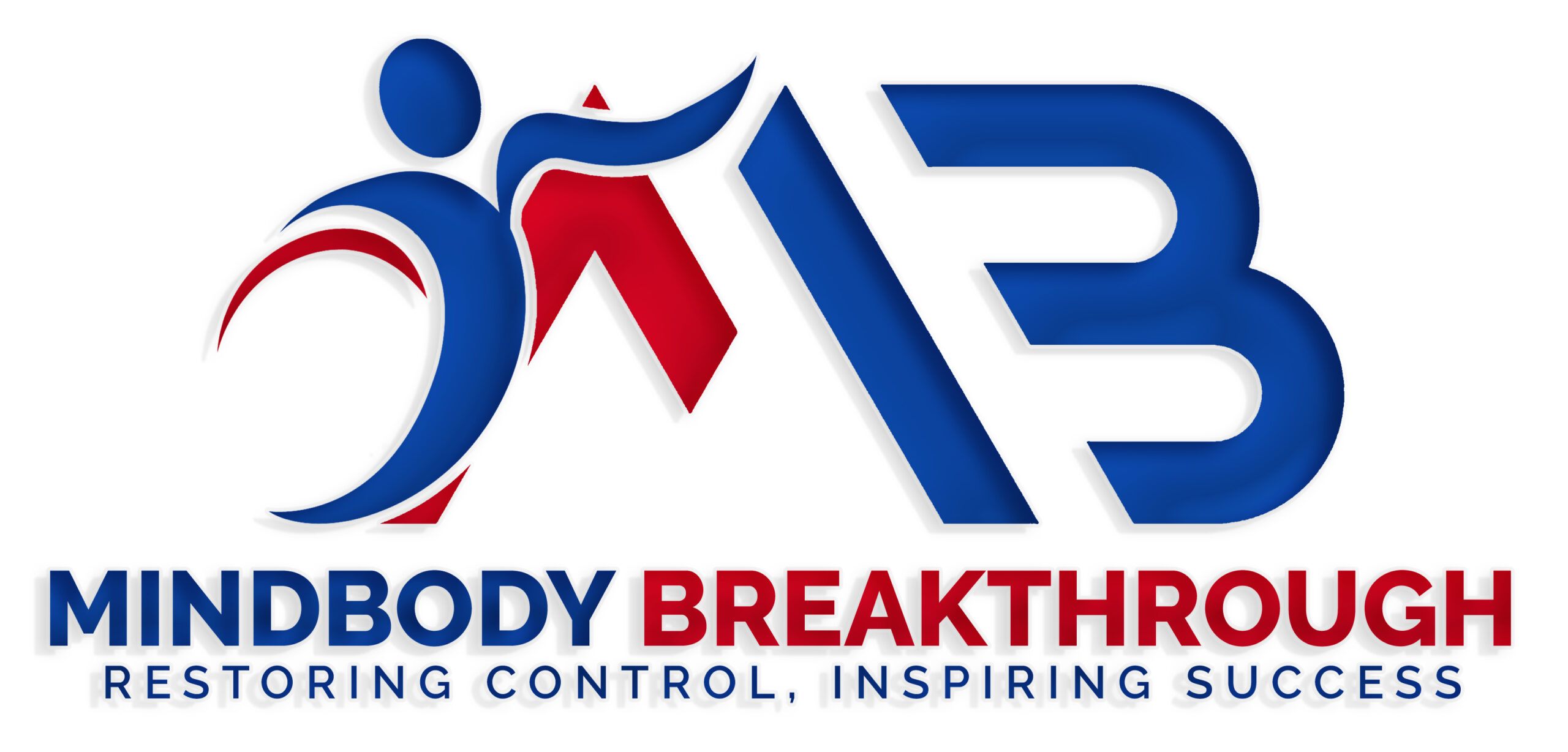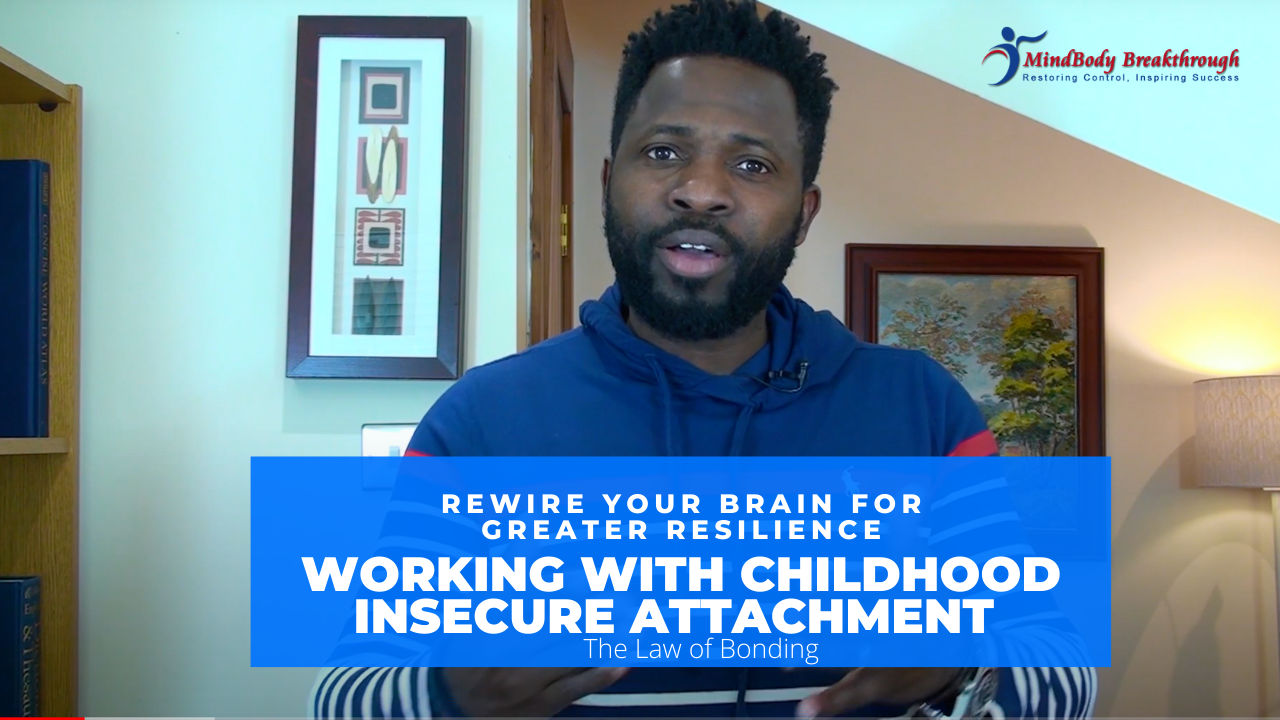Working With Childhood Insecure Attachment: Rewiring the Brain for Greater Resilience
Childhood insecure attachment has been known for decades to negatively affect children outcomes in life. Humans are creatures of relationships. Our brain depends on the nurturing, compassionate and safe environment to complete its full development. If a child misses out on a secure-base and emotionally attuned relationship with the primary care-giver, substitute attachment relationships may be sought subconsciously later in life (such as addictions) as a way of self-regulating. Early interactions between infants and primary carers stimulate the development of our reward, stress and emotional regulatory systems. If these systems fail to fully develop in childhood, we become increasingly dependent on the external sources to help us regulate stress and negative emotions. This of course can lead to a cascade of negative coping behaviours and psychopathological issues such as depression, anxiety, substance misuse and other forms of addictions. Humans cannot exist without bonding. Bonding seems to be more important to our survival that any negative consequences of bad bonding. In other words, as far as your survival brain is concerned, it is safer to be in a bad company than to be all by yourself and alone. This probably explains a lot of issues that we have today in our societies; from addictions to gang-cultures. But for us to heal, we still have to use the same law of bonding. This time around, we choose someone or a social support system that can positively re-nurture our neural pathways for greater resilience an emotional regulation. In this short clip, I share how we can help complete the brain development in adulthood that might have been suspended due to early stress. Some certain things can be done to help stimulate the innate capacity of the brain to rewire itself for greater social engagement, resilience and innate emotional regulation.








